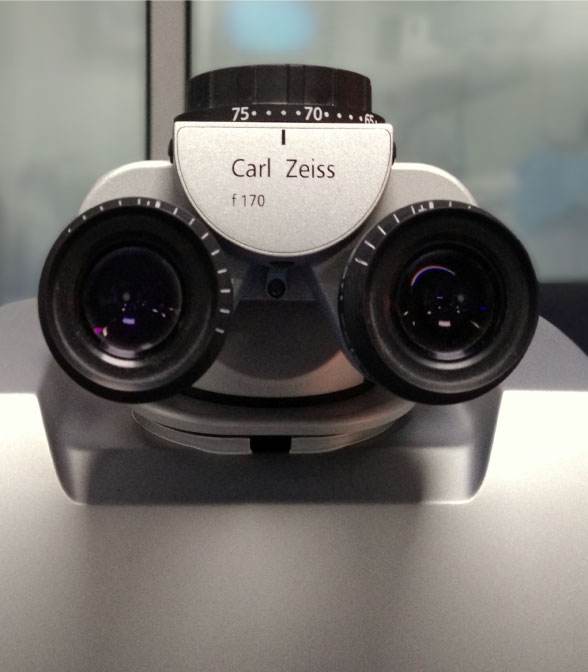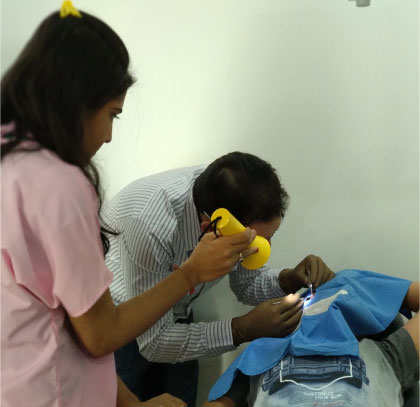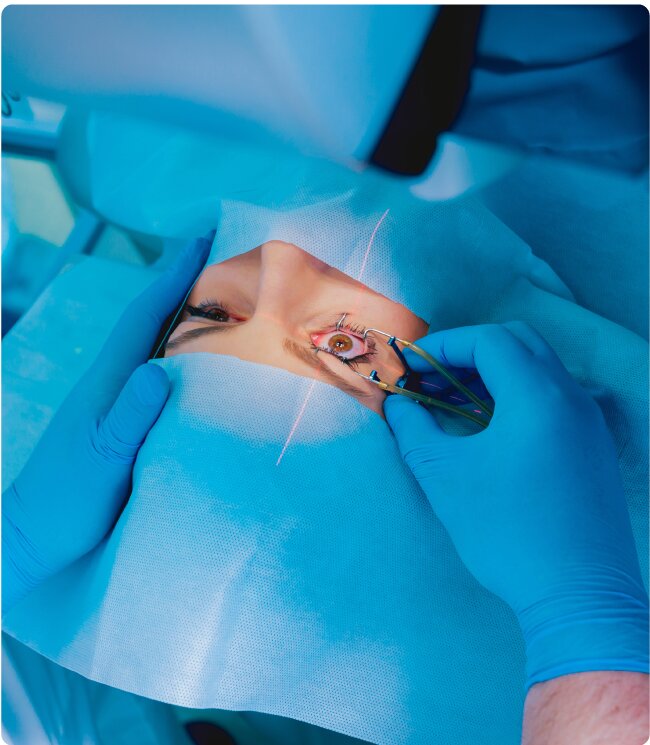Oculoplastic & Orbital Surgery



The Oculoplastic and Orbital Surgery Department at SRG Eye Hospital deal with reshaping the area in and around your eye. Oculoplastic surgery is usually performed to treat or rectify an injury or a medical condition. These types of surgeries are also done for cosmetic purposes. Oculoplastic and orbital surgery is something which is concerned specifically with the eyelids, the bone around the eye (the orbit), and the tear duct system (the lacrimal system).

We at SRG Eye Hospital also offer a wide range of treatment options for individuals who wish to restore, reconstruct and rejuvenate their appearance.
Our overall approach offer patients access to state-of-the-art technology and a wide variety of ophthalmic surgeons and eye care specialists. Our experienced multidisciplinary team designs individualised treatment plans customised on patients’ needs, with the ultimate goal of improving your vision as well as the quality of life.
Orbital and Ocular Services Department
Various types of disorders can occur in the soft tissues around the orbit, the bones protecting the eye and space between the eyes. Such conditions may include eye diseases such as proptosis (protrusion of the eye) or orbital inflammation, trauma-related injury or skin cancer. In this situation, proper treatment, in the form of Orbital & Ocular reconstruction, may include minimally invasive endoscopic approaches as well as the latest surgical techniques.
Our highly skilled and experienced surgeons have a vast pool of resources at their disposal, which enables them to offer a comprehensive and personalised approach for addressing these diagnoses and conditions.

What should we expect at our initial consultation?
-
Before proceeding to any surgical or non-surgical procedure, we at SRG Eye Hospital will carefully analyse and review your concerns as well as your other medical conditions and all your ongoing medications.
Once we arrive at the appropriate course of action to proceed further, the procedure will be thoroughly discussed, and all your queries will be answered. You will receive proper written instructions detailing pre-operative requirements, medications to avoid, and clear directions to the surgical centre.
Before giving any anaesthesia, you might be required to visit your primary care doctor who will perform a full pre-operative examination.
What can I expect during the Post-Operative (after the surgery) period?
-
For the initial few days, you might notice some blurriness due to the medicines (ointment) that is used on your eyes, as well as some normal post-operative swelling, can be observed. We strongly advise having someone reliable to assist you during the night after surgery.
Healing Period (Recovery) is usually well-tolerated and managed by most patients. Pain can generally be mild to moderate and can be taken care of with Over-The-Counter (OTC) pain medications or stronger prescription-strength medications (If needed).
Do remember to ask us if you can use ice packs for an initial couple of days after the surgery as Ice-Packs helps with any pain and reduces swelling. And most importantly take proper rest so that your body can recover quickly.
